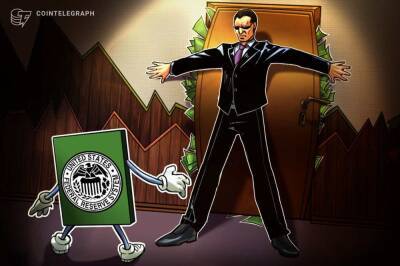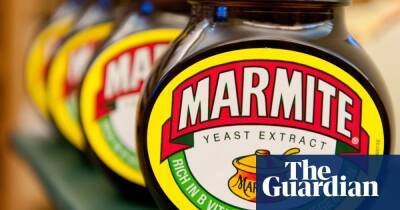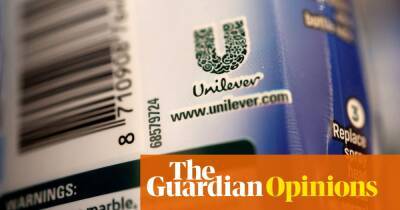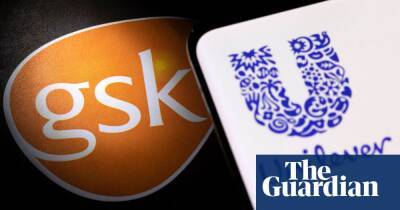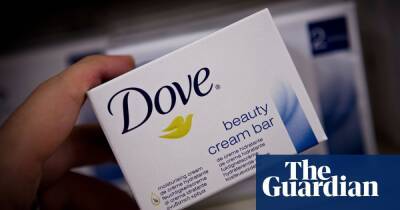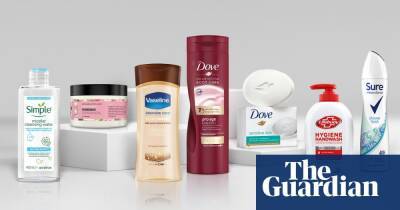Unilever’s bid for GSK consumables isn’t quite the shocker it seems
Even a Marmite reaction – some loving it, some hating it – would have been better from brand owner Unilever’s point of view. Unfortunately, almost everybody seemed to agree: the big idea of offering £50bn for GlaxoSmithKline’s consumer products division, a proposal rejected by the pharmaceutical firm’s board, was a shocker.
Unilever’s share price plunged 7%, which is a large move when you’re worth (or were) £100bn. “Initial feedback on the deal from investors over the weekend has been almost uniformly negative,” reported Jefferies analyst Martin Deboo. Amid chief executive Alan Jope’s talk about “rotating” Unilever’s product portfolio, one line of thinking says he’s in danger of rotating himself out of a job.
Is it really such a terrible proposal, though? In purely strategic terms, the fit looks decent. If your aim is to be bigger in “health, beauty and hygiene”, which Unilever has been saying for a while, then GSK brands such as Panadol, Advil and Sensodyne are one definition of what you want. If the targeted operation can be relied upon to increase sales annually at 4%-6%, which is GSK’s revised estimate, that’s a notch above the 3%-5% at which Unilever generally travels.
The difference is not huge, obviously, but Unilever would also seek buyers for some or all of its food operation, parts of which show roughly zero growth. That’s the “rotation” part of Jope’s script, also designed to ensure that borrowing does not rise to nose-bleed ratios.
Jope faces at least five problems, however – and none is small. First, GSK is under little pressure to sell. Its investors seem happy with the current plan to demerge the consumer products business this summer via a listing in London. It might take an offer at £55bn to force
Read more on theguardian.com
















